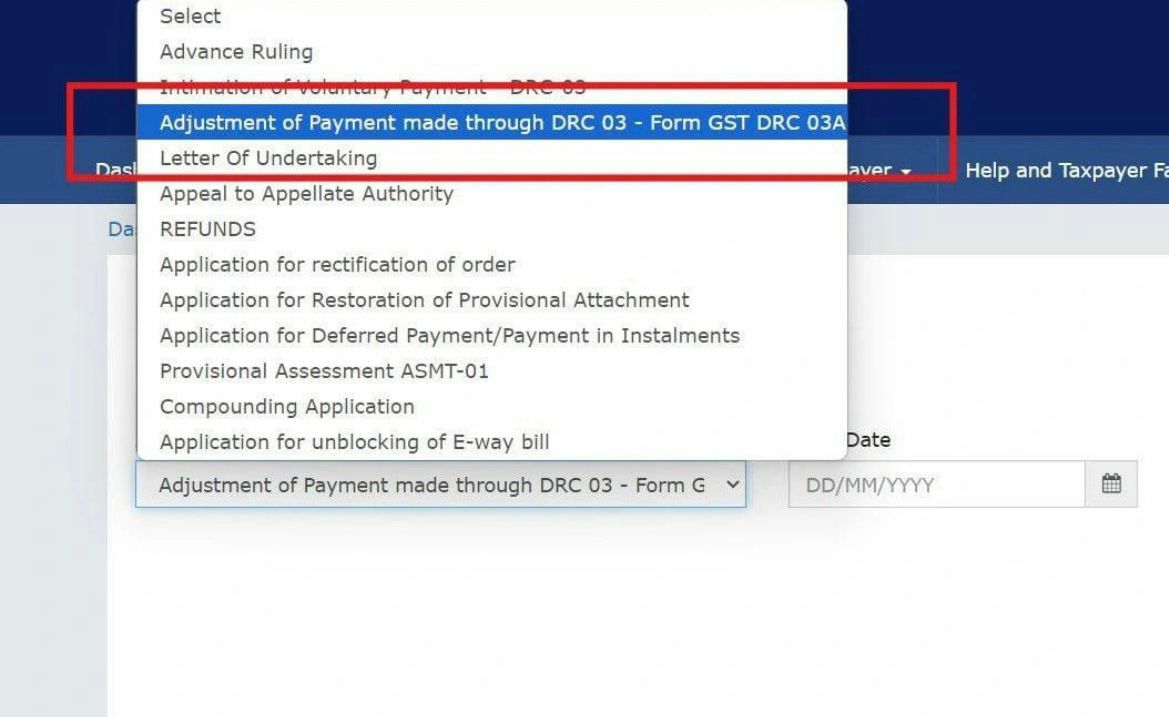As the deadline for filing Income Tax returns (ITR) approaches, some taxpayers are discovering discrepancies in their annual information statement. The AIS is a comprehensive statement containing details of financial transactions and is needed for ITR filing. However, errors in the AIS can lead to complications and potential scrutiny from tax authorities.
Understanding the AIS
The AIS consolidates various financial transactions of a taxpayer in one place. It includes information on income, taxes paid, bank transactions, investments, and other financial dealings. The AIS is designed to simplify the ITR filing process by putting in relevant data.
Some common errors in AIS:
- Incorrect or duplicate income entries.
- Mismatched TDS (Tax Deducted at Source) details.
- Inaccurate high-value transactions.
- Errors in interest income from banks or post offices.
- Discrepancies in mutual fund or stock market transactions.
How to correct the mistakes in AIS
- Log in to the Income Tax e-filing portal at incometax.gov.in.
- Go to the ‘services’ tab.
- Select ‘Annual Information Statement (AIS)’ from the dropdown menu.
- You will see two options: Taxpayer Information Summary (TIS) and Annual Information Statement (AIS).
- Click on ‘AIS’.
- AIS will be displayed in two parts: Part A and Part B.
- Carefully review the information in both parts.
- Select the specific information that is incorrect.
- Choose the option to submit your feedback.
- A drop-down menu will appear with seven options.
- i) Information is correct
- ii)Transfer not in the nature of sale
- iii) Income is not taxable
- iv) Information is not fully correct
- v) Information relates to other PAN/Year
- vi) Information is duplicate/included in other information
- vii) Information is denied
- Select the one that applies to your situation.
- Click on ‘Submit’ to send your feedback for correction.
- Correcting errors in your AIS is crucial for several reasons:
Accurate ITR filing: The AIS data is used to pre-fill your ITR form. Correcting errors ensures that you file an accurate return, reducing the risk of notices or scrutiny from the tax department.
Avoiding discrepancies: Mismatches between your ITR and AIS can trigger notices from the tax department, leading to unnecessary stress and potential penalties.
Streamlining tax assessment: An accurate AIS facilitates smoother processing of your ITR and faster issuance of refunds, if applicable.
Experts said, “Ensuring that the AIS accurately reflects your financial transactions helps determine the correct tax liability, and avoids underpayment or overpayment of taxes. Errors in the AIS can result in incorrect information being reported in your ITR. The tax authority uses the AIS to cross-verify the details provided in your tax return. Discrepancies between the AIS and the ITR can trigger scrutiny, leading to potential penalties, interest on unpaid taxes, and even other consequences. Correcting errors becomes very important to ensure compliance with tax laws and mitigates the risk of penalties.”
How to file Income Tax Return
Visit www.cagurujiclasses.com for practical courses












Very helpful and informative article. Thanks.